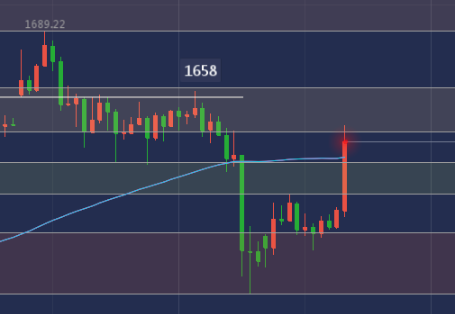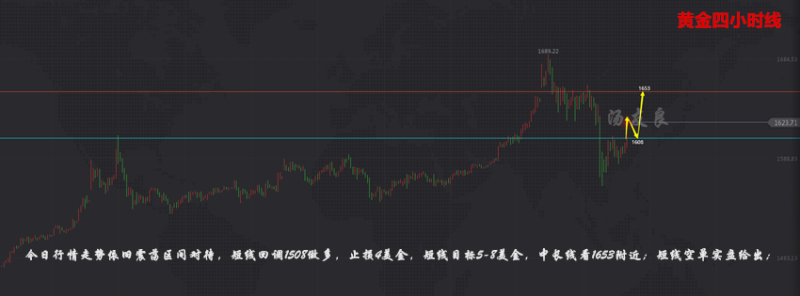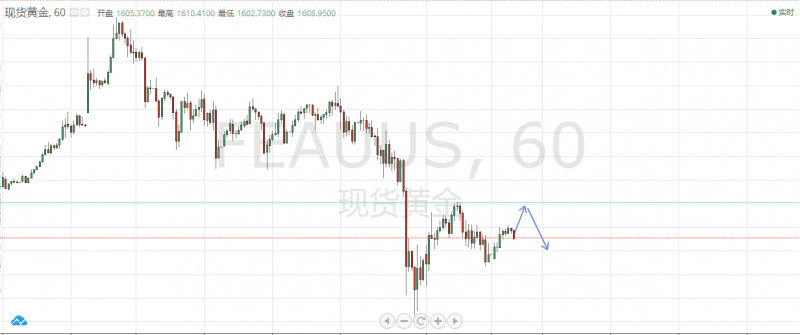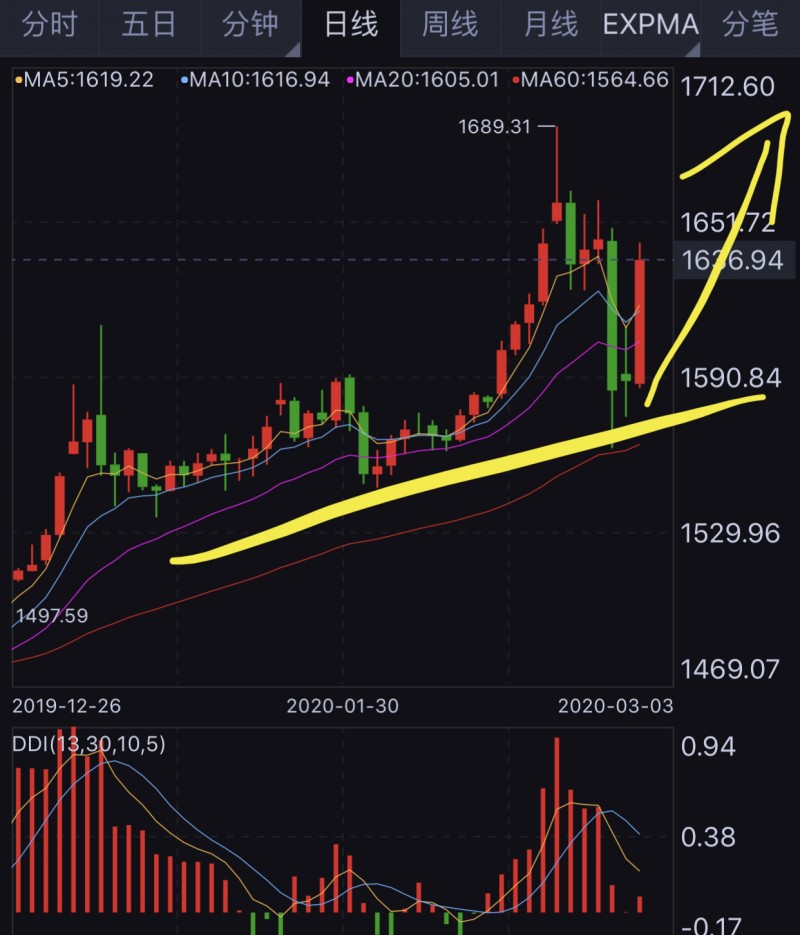
每年,薪酬调查公司PayScale都会对公司薪酬进行一次大范围的调查。但在今年的报告中,调查人员发现,雇佣双方对薪酬的看法存在巨大差距,这在以往并不常见。
首先,员工敬业度,也就是那种难以捉摸的、能够阻止员工辞职的工作热情,“更多的是一种口号”,而不是现实。这份报告称,这在很大程度上是由于管理层的想法和多数员工的看法之间存在“巨大的鸿沟”。
例如:约73%的管理者和高管表示,公司员工得到了“公平的薪酬”,即员工薪酬达到了市场标准,并且符合员工的贡献。盈利水平最高的公司的领导者,甚至更为自信,这一比例达到83%。但在这些公司,仅有略超过三分之一(36%)的员工认为,他们得到的薪酬与自身价值相符。高管看法和员工看法可谓“天渊之别”,相差竟然高达30-50个百分点!
这还只是冰山一角。关于员工“在工作中是否得到了重视”这个问题,6012名北美高管和管理者当中,有78%给出了肯定回答。而从员工角度来看这个问题,给出同样答案的员工却不足半数(45%),两者相差33个百分点。认为公司“保持薪酬透明”的管理者(40%)比例,是员工(21%)的两倍。
当然,如果留住关键人才并非管理层最大的担忧,或者感觉薪酬很低不是员工辞职的三大原因之一,那么,上述分歧并不是什么大问题。但现在看来,除了' 信息技术行业,“对留住人才的担忧并未转变成给他们涨薪了事”,仅有8.2%的雇主计划利用涨薪的方式来留住关键人才。
PayScale高级副总裁蒂姆· 洛表示:“当然,薪酬并非员工决定离开还是留下的唯一因素。但现在雇主与员工之间出现了脱节。雇主不愿意用金钱手段来解决员工保留问题。”
原因不难猜测。一方面,为留住一位员工而给他或她大幅涨薪或提供留任奖金,会给其他员工开创先例,使他们期待获得同样的、甚至更好的待遇,但薪酬预算无力惠及这么多人。
那么,如何留住那些感觉自身价值被低估的员工,避免他们选择辞职呢?蒂姆· 洛表示,解决方案不一定是更高的工资,关键在于要多与员工谈论薪酬,把问题说得更清楚。他说道:“我们会经常告诉客户,其实并不需要花更多的钱。他们只需要更清楚地告诉员工,公司为什么按照当前的水平支付薪酬。”
PayScale注意到,过去两年绩效薪酬其实有所增加,但蒂姆· 洛认为:“激励薪酬的作用不如预期的原因在于,公司往往没有充分地解释这种薪酬机制的操作和决策方式。”其结果就是,64%的员工表示“相比从事类似工作的其他人,他们的收入低' target='_blank' >于平均水平。”
这种观念通常是错误的。单从数学角度来看,“64%的比例低于平均水平”这本身逻辑就讲不通。研究还进一步指出,“并非所有公司都准备采取透明的薪酬机制”。这在很大程度上是因为,仅有17%的高管对薪酬对话 “非常有信心”。换言之,很多管理者缺乏薪酬谈判和对话的能力。
而讽刺的是,在PayScale对7.1万名员工进行的调查中,有82%的员工表示,如果雇主能够就自己的薪酬给出一个令人信服的解释,他们“愿意接受低于市场平均水平的薪酬”。
所以说,“不要认为提高工资就是解决员工保留问题的答案。首先应该尝试增加沟通。”(财富中文网)
译者:刘进龙/汪皓
审校:任文科
Every year, compensation firm PayScale does a massive survey on companies’ pay practices. But it’s not often that the researchers uncover as many huge gaps in perception as they did in this year’s report.
For one thing, employee engagement—that elusive enthusiasm about work that keeps people from quitting—“remains more of a buzzword” than a reality, the study says, largely because of “a vast chasm” between what management thinks is happening and what most workers believe.
Consider: about 73% of managers and executives say that employees at their companies are “paid fairly,” meaning competitively with the marketplace and in line with what they contribute. The most profitable companies’ leaders are even more confident, at almost 83%. Yet barely more than one in three (36%) of employees at the same companies agree that they’re paid what they’re worth.
That’s not all. Asked whether employees are “valued at work,” 78% of 6,012 North American executives and managers said yes. Fewer than half (45%) of employees agreed. And about twice as many managers (40%) as employees (21%) said their companies are “transparent about pay.”
None of this would be such a big deal if holding on to key talent weren’t among managers’ biggest worries — or if feeling underpaid weren’t one of the top three reasons the study found that people quit their jobs. Yet it seems that, except in information technology, “retention concerns aren’t translating into raises.” A tiny 8.2% of employers said they planned to use pay hikes to hold on to key talent.
“Of course, pay is only one element of why people decide to leave or stay,” notes Tim Low, a PayScale senior vice president. “But there is a disconnect there. Employers are reluctant to use money to solve the retention issue.”
The reasons aren’t hard to guess. For one thing, offering one person a big salary boost or a retention bonus to entice him or her to stick around sets a precedent for other employees’ expecting the same (or better), and compensation budgets can only stretch so far.
So, how can you keep employees who feel undervalued from heading for the exits? What it might take, according to Low, isn’t necessarily more money. It’s more — and clearer — talk about money. “We often tell our clients that they don’t need to spend more,” he says. “They just need to communicate better about why people make what they make.”
The PayScale study notes the rise of pay for performance in the past couple of years, but Low thinks “one reason incentive pay doesn’t work as well as it should is that there isn’t enough explanation about how it works, and how pay decisions are made.” As a result, the PayScale report says, 64% of employees say they earn “below average” compared to others in similar jobs.
That’s usually a false belief (and not only because it’s mathematically impossible for 64% to be below average). But “not every company is prepared to embrace transparency,” the study notes—largely because only 17% of executives say they are “very confident” in managers’ ability to have difficult conversations with their team members about pay.
The irony there is that, in a separate PayScale surveyof 71,000 employees, 82% of them said they would be “satisfied with below-market pay,” as long as their employer gave a convincing explanation for it. “The moral of the story is, don’t assume more money is the answer,” Low suggests. “Try more communication first.”
 客服热线:
客服热线:














